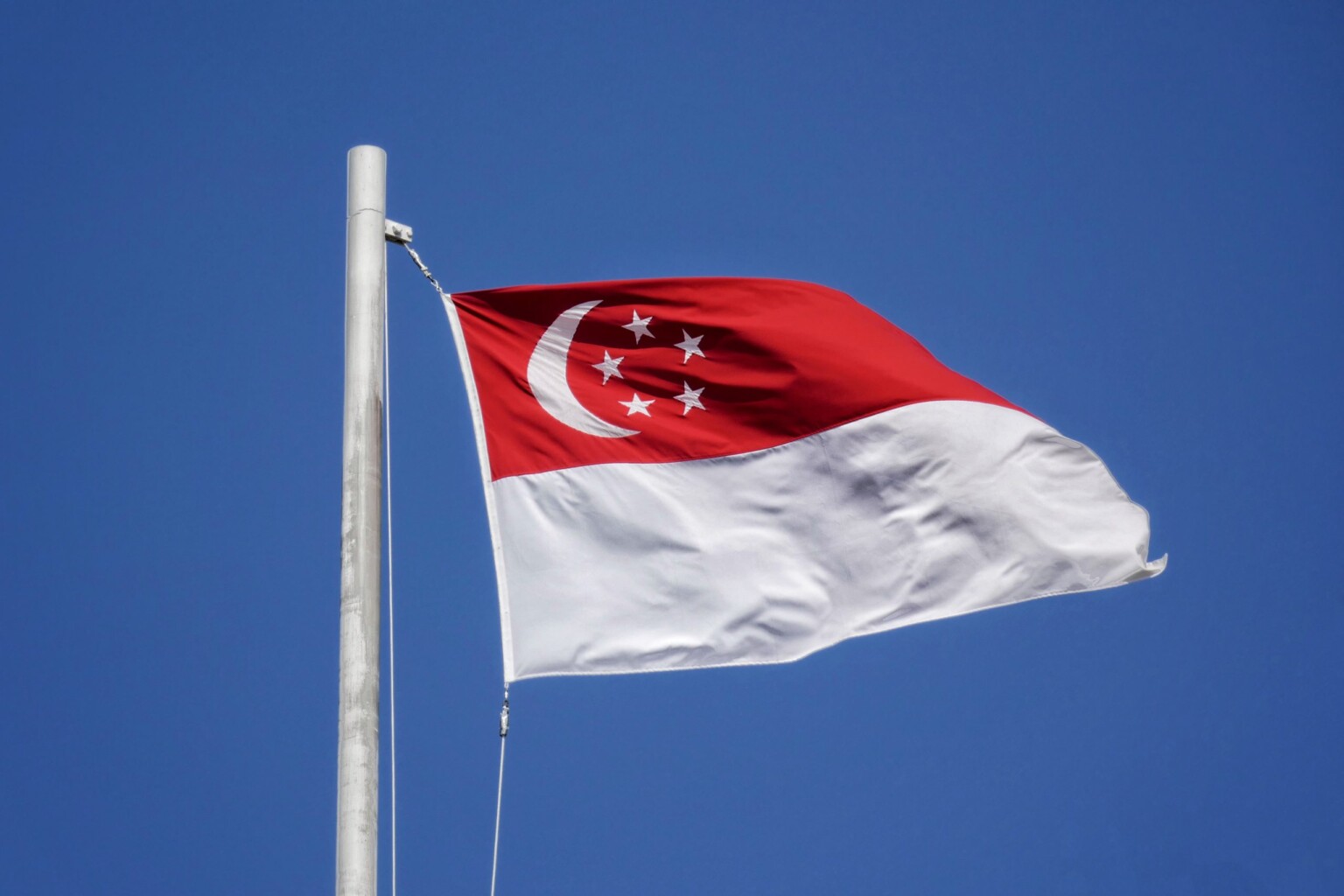On 1 July 2022, T. Raja Kumar became the first Singaporean president of the Financial Action Task Force (FATF), succeeding the outgoing German Presidency of Dr Marcus Pleyer. President Kumar brings a depth of experience to his role at the head of the inter-governmental anti-money laundering authority, including senior leadership roles in Singapore’s police force and Ministry of Home Affairs. Kumar described his new position as “an honour and a privilege” and stated that the FATF Singapore Presidency would “focus on enhancing the effectiveness of anti-money laundering and counter-terrorist financing measures across FATF member jurisdictions and the wider Global Network”.
Kumar set out the FATF’s objectives under the Singapore Presidency which will run from 2022 to 2024. Those objectives fall into the following categories:
- Strengthening asset recovery
- Countering illicit finance of cyber-enabled crime
- Increasing effectiveness of global AML measures
- Reinforcing FATF partnerships with FATF-stye regional bodies (FSRB)
Given the important role that the FATF plays in setting global anti-money laundering (AML) and counter-financing of terrorism (CFT) policy and regulations, it is important that banks and financial institutions become familiar with the FATF’s objectives under the Singapore Presidency.
With that in mind, we’re taking a closer look at the key points of interest raised in the FATF’s recently published Objectives for 2022-2024.
Cyber-Enabled Crime
The FATF Singapore Presidency recognised that cyber-enabled crime (cybercrime) has dominated the financial compliance landscape since 2020 – and will only continue to increase in sophistication. If authorities do not implement strategies to address the threat, the Singapore Presidency notes that more criminal organisations will engage in cybercrime, and pose a growing threat to global financial stability.
Given that threat, and the potential for criminals to take advantage of new technologies to perpetrate sophisticated crimes, the Singapore Presidency will introduce a new initiative focusing on money laundering and terrorism financing strategies that are linked to cyber-enabled crimes such as frauds and scams. The initiative will:
- Seek to understand the challenges associated with cybercrime AML/CFT.
- Analyse the types of money laundering techniques used in relation to cybercrime.
- Identity appropriate tools to fight cybercrime, including data analytics and industry partnerships.
- Highlight best practices to help FATF members learn how to fight cybercrime-related money laundering and terrorism financing.
Global AML Measures
The FATF Singapore Presidency has announced that “increasing the effectiveness of AML/CFT measures” will be a key focus of its role. It has committed to continuing and completing the FATF’s existing work plans which include a review of FATF standards to ensure that they remain relevant and up to date, and undertaking groundwork for the fifth round of FATF mutual evaluations. In more detail, the work plans will include:
- Virtual assets: The FATF will monitor the new money lanudering and terrorism financing risks relating to virtual assets and virtual asset service providers (VASP). The work will include the implementation of best practices and mitigation measures, and efforts to ensure that countries are able to apply FATF recommendations to virtual assets.
- Beneficial ownership: The FATF will oversee the completion of new guidance on amendments to FATF recommendations on beneficial ownership information for trusts and other legal arrangements.
- Data analytics: The FATF will promote the adoption of data analytics by financial authorities by “sharing and focusing on” case studies.
- Risk awareness: The FATF will continue to raise awareness of money laundering and terrorism financing risks associated with environmental crime, the illegal wildlife trade, and grand and systemic corruption.
- Strategic Review outcomes: Following the FATF Strategic Review in April 2022, the Singapore Presidency will work to implement the relevant outcomes. This effort will include updating training materials and making sure that financial experts are available to conduct effective mutual evaluations and reviews based on these new areas of assessment focus.
In continuing the FATF’s work plans, the Singapore Presidency will also focus on strengthening a culture within the FATF that identifies best practices quickly and that drives AML/CFT effectiveness by sharing knowledge.

Additional AML/CFT Priorities
In addition to the key cyber-enabled crime initiative and the implementation of ongoing FATF work plans, the Singapore Presidency has committed to a number of additional operational initiatives.
Asset Recovery
The FATF Singapore Presidency has indicated that it will help countries enhance asset recovery related to financial crimes – and in particular from “fraud, scams, and ransomware”. The FATF will conduct an assessment of current asset recovery networks in order to develop strong operational systems and to encourage “substantive changes” in the way that countries approach the asset recovery process. The effort will include increased collaboration between the FATF, FSRBs and asset recovery networks, and cooperation with strategic partners such as the UN, the IMF and INTERPOL. The FATF will convene a Global Roundtable with law enforcement agencies, regulators and investigators in order to focus on actionable changes.
FSRB Partnerships
Building on the work of the German Presidency, the FATF Singapore Presidency will seek to closely partner with FSRBs in order to strengthen the FATF’s Global Network in the fight against money laundering and the financing of terrorism. The Singapore Presidency will aim to focus on the specific needs of FSRBs, their current levels of expertise, and the next round of mutual evaluations.
FATF Compliance
The FATF Singapore Presidency’s priorities indicate a growing focus on the risk of cybercrime, and a need for banks and financial service providers to respond to the sophistication of criminal money laundering methodologies. With that in mind, organisations should seek to implement a risk management solution capable of capturing a broad range of risk data in a constantly-changing regulatory environment, and do so with a global perspective by incorporating information from foreign sources.
Ripjar’s Labyrinth Screening solution is designed to meet that requirement, integrating cutting-edge compliance technology and machine learning tools. Labyrinth includes next generation adverse media screening enabling clients to match customer names against a spectrum of foreign language news stories and stay informed of changes to risk profiles – before that news is confirmed by domestic outlets or even official sources.
To learn more about how Labyrinth Screening can support your AML/CFT risk management, get in touch with Ripjar today.
Last updated: 16 August 2024





